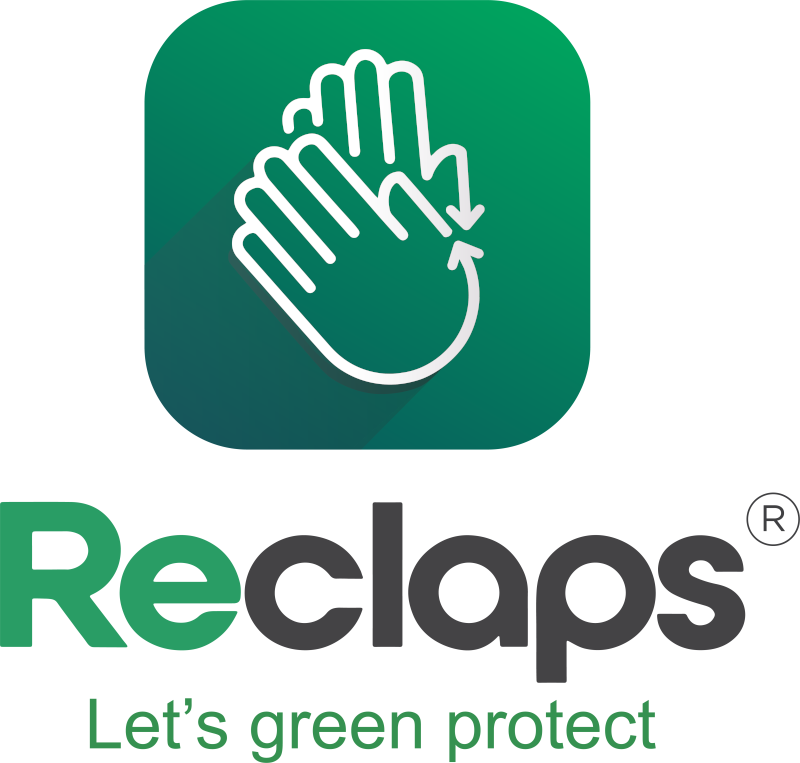Plastic pollution is highly dangerous for humans, animals, plants, and the whole ecosystem and is one of the most significant contributors to climate change. The environmental damage caused by plastic pollutants is deep-rooted and long-lasting as it takes hundreds or even thousands of years for plastic to break down. The stats on plastic production and its effects are staggering. 300 million tons of plastic are produced annually and over 90% of them are not recycled. An estimated 150 million metric tons of plastic are in our oceans and seas. Every year, approximately 8 million tons of plastic pollution enter our oceans and 80% of them are from the land.
RECLAPS Foundation was started by three enthusiastic entrepreneurs deeply concerned with the increasing danger of this toxic pollution thinking of what can be done by them in their locality. The foundation aims at creating awareness among the new generation on issues regarding plastic and its effects on the ecosystem. Thinking that education can make a significant impact, RECLAPS promotes the idea of teaching waste management in schools. The Foundation has been doing extensive research and studies on waste management for the last four years. It is associated with different organisations and govt. bodies for the same. RECLAPS worked with Pathanamthitta Municipality in Kerala in waste management for one year and is now associating with various panchayats and municipalities in Thrissur district. It has its own recovery facility employed with 20 workers. Establishing its own recycling and R-PET production unit is the next project.
RECLAPS programs include mainly the following:
- Conducting awareness sessions for students, schools, hospitals, residential associations, govt. agencies, etc.
- Organising events on waste management and recycling.
- Cleaning drives in tourist places, seashores, rivers, lakes, etc. collaborating with companies, NGOs, clubs, and govt. agencies.
- Exhibitions on eco-friendly products.
- Research on waste management and recycling.
- Plantation drives.

